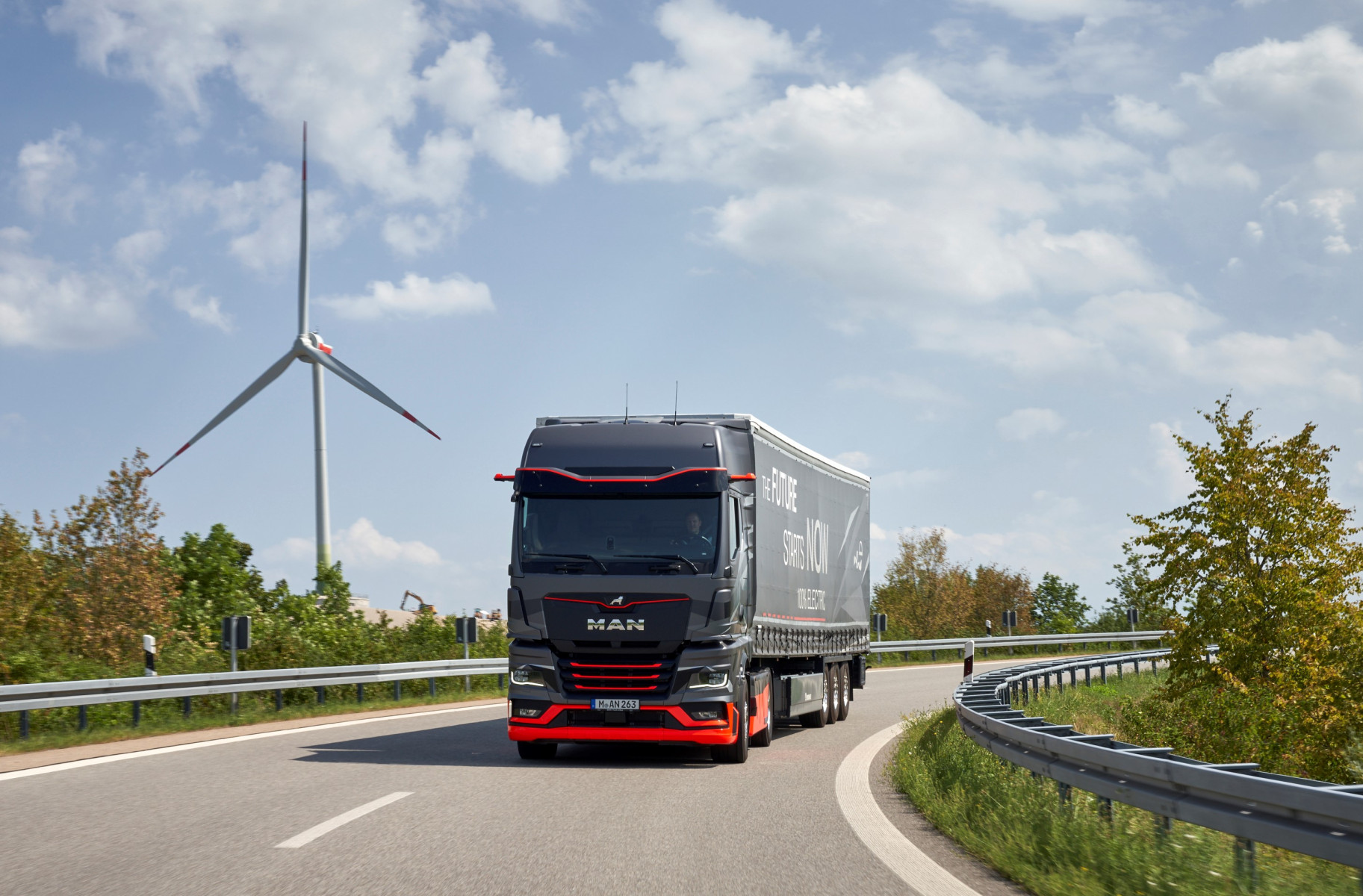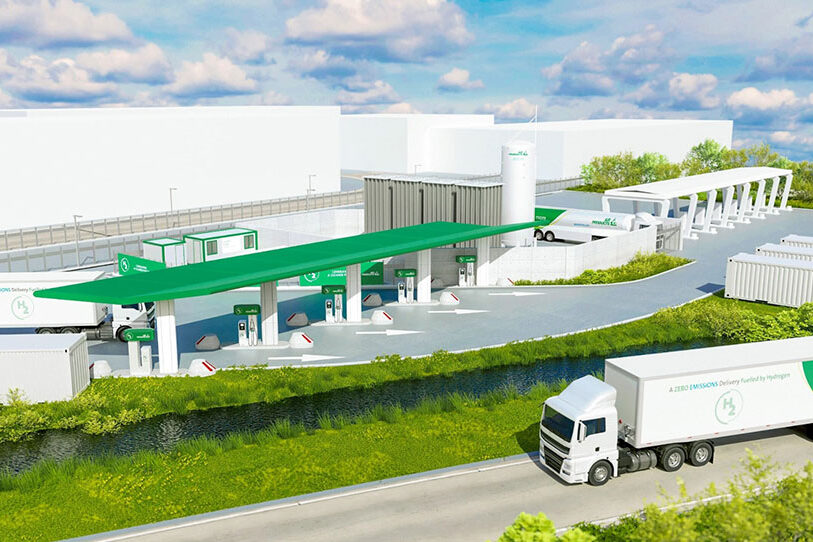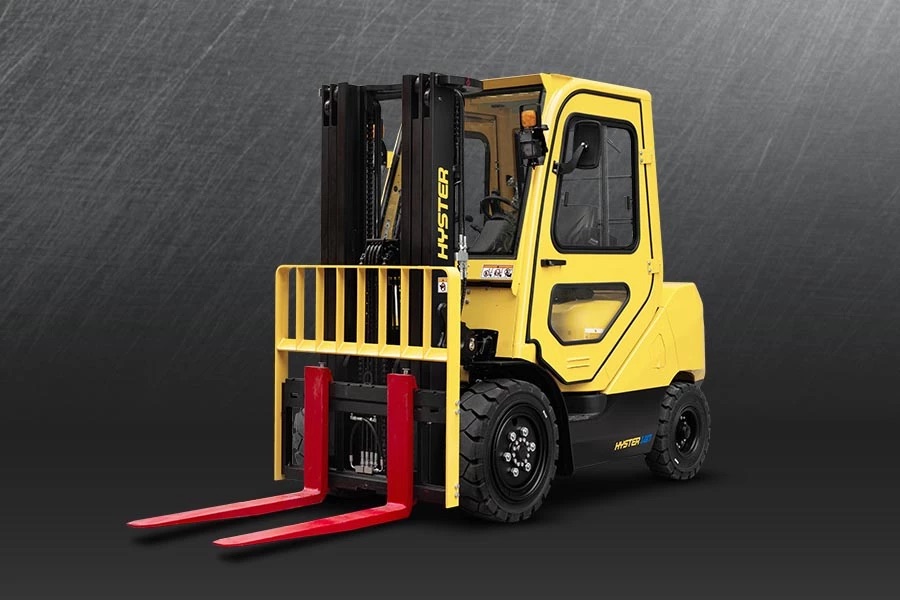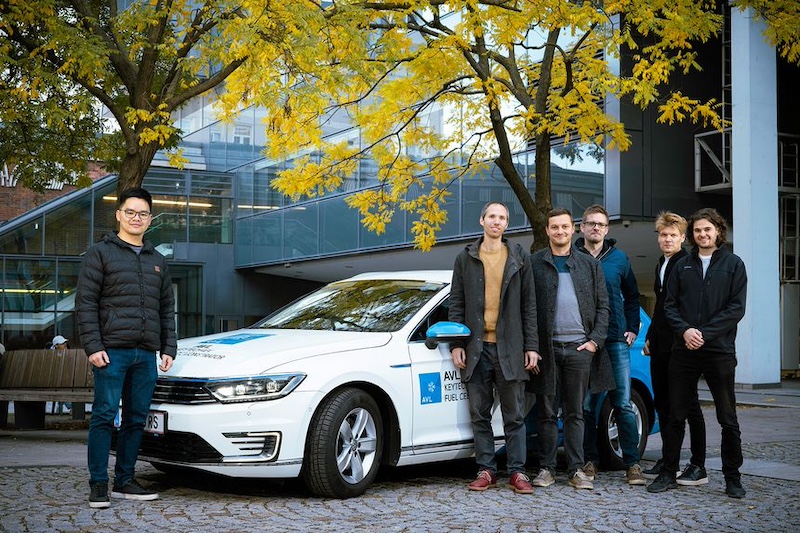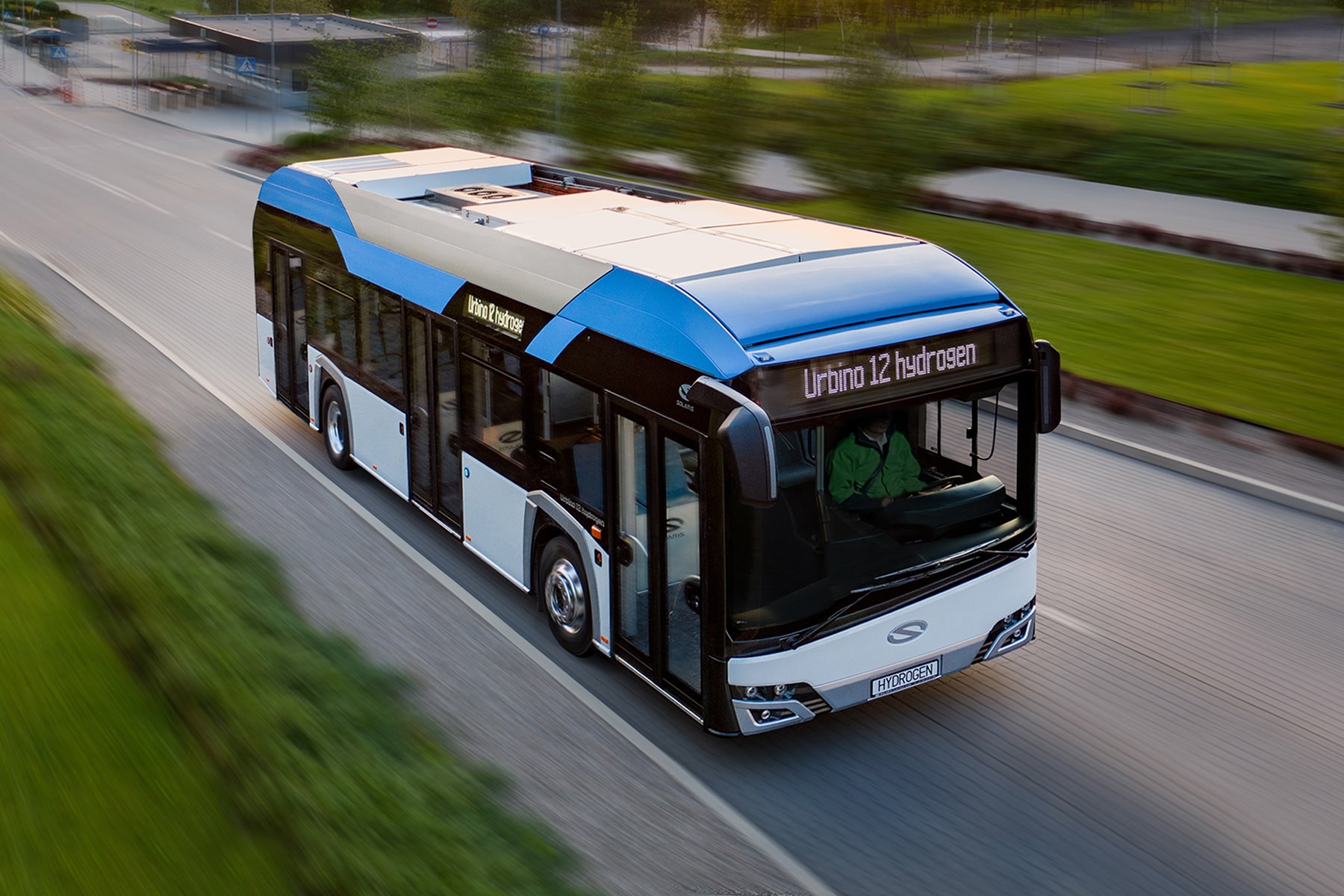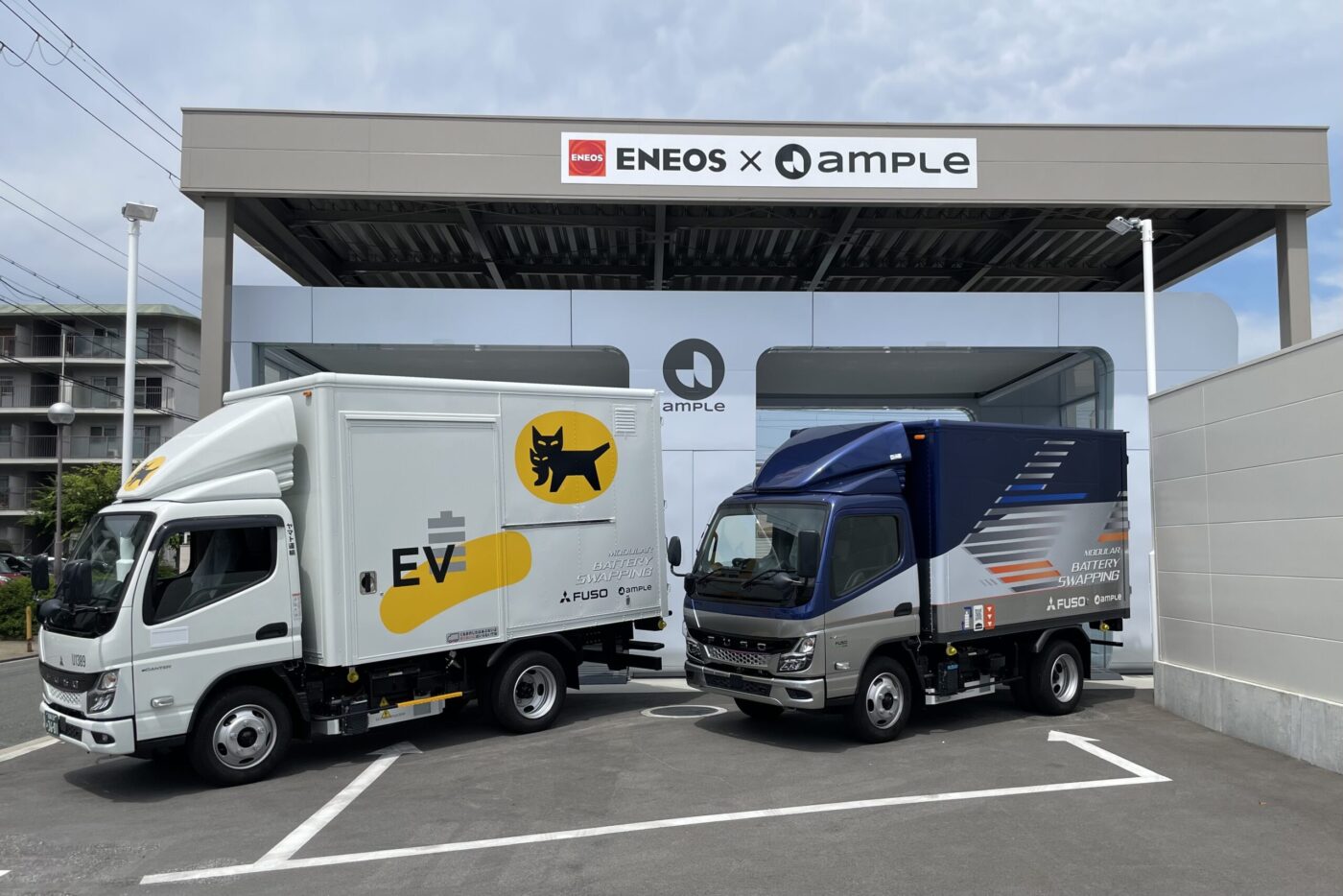Some of the world’s leading truck manufacturers, including Volvo and MAN, are focusing on adapting combustion engines to run on low-emission hydrogen, offering a potentially quicker and more cost-effective solution for the industry’s energy transition. This shift is seen as a way to extend the life of traditional engine technology while addressing the global push for reduced emissions.
The truck manufacturing sector is grappling with the challenge of achieving zero emissions. Electric batteries, while environmentally friendly, are heavy and require extensive charging times, making them less practical for long-haul freight. Hydrogen fuel cells can address these issues by generating electricity to power trucks, but the transition involves significant costs due to the need for new truck systems.
To bridge this gap, truckmakers and suppliers are increasingly focusing on developing hydrogen combustion engines. This approach leverages existing manufacturing infrastructure, which has been a crucial economic driver in countries like Germany. Executives from major truck brands and their suppliers have indicated that this method could offer a faster, more economical path to lower emissions.
“Everybody is working on this,” said Reiner Roessner, vice president of sales at the engine division of MAN Truck & Bus SE, a subsidiary of Volkswagen. “As soon as the hydrogen is available, demand for hydrogen combustion will go up.”
Hyundai and Plus Unveil First Self-Driving Hydrogen Fuel Cell Truck in the U.S.
MAN plans to deliver approximately 200 hydrogen-powered trucks to European customers next year as part of a pilot project, marking a significant step towards mass production. Meanwhile, Volvo AB anticipates that hydrogen fuel cell trucks will be commercially available in the latter half of this decade, with customer tests for hydrogen combustion engines expected to begin in 2026.
Hydrogen combustion engines are not expected to dominate Volvo’s sales but will represent a “substantial volume,” according to Lars Stenqvist, Volvo’s chief technology officer.
Nikola’s 2023 Output – 42 Hydrogen Trucks Manufactured, 35 Sold Amid CEO Changes
Westport Fuel Systems, based in Vancouver, has already adapted its fueling systems for natural gas and biogas trucks to accommodate hydrogen. However, challenges remain. Burning hydrogen in an engine may produce some harmful emissions, requiring additional filtration, and the current need for diesel to ignite hydrogen presents a hurdle that will eventually need to be overcome with carbon-free fuels.
The infrastructure for green hydrogen remains limited, with the European Union and the United States investing in projects to develop this sector. Despite the slow rollout, major suppliers like Bosch and Cummins believe that hydrogen combustion engines will play a significant role in the transition due to their compatibility with existing manufacturing setups.
Honda Unveils Hydrogen Semi Truck Concept at Clean Transportation Expo
“This is a game changer without a change,” noted Anders Johansson, vice president for heavy-duty vehicles at Westport Fuel Systems.
As truckmakers await the wider availability of green hydrogen, some are exploring the use of combustion engines powered by natural gas or biogas as an interim solution. This approach offers a transitional pathway from diesel to lower-emission alternatives.

